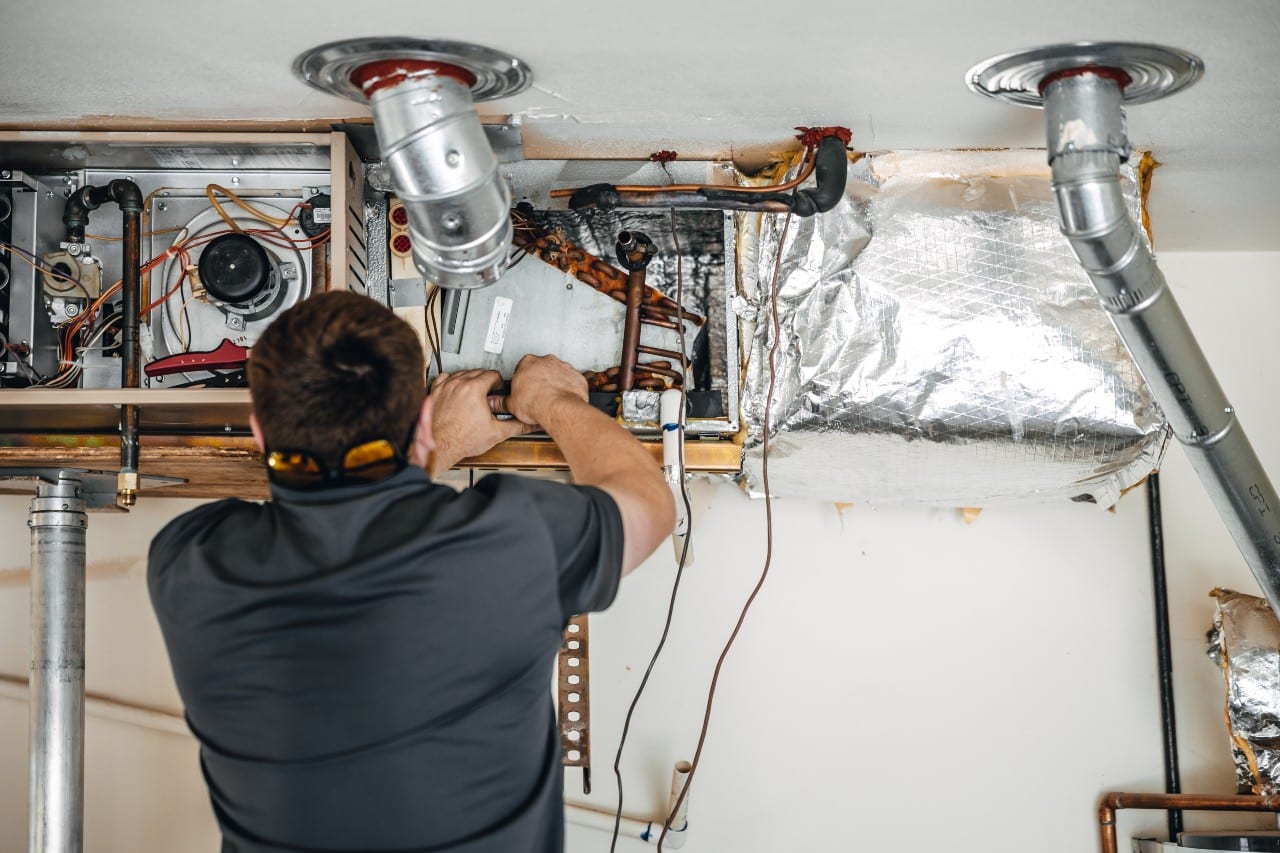Make Sure you Asks These Questions when Buying a New HVAC System
While HVAC systems are a significant investment for any homeowner, they are an essential component of every home that provides a comfortable interior temperature throughout the seasons. When searching for a new HVAC system, we recommend asking yourself and your HVAC specialist the following questions to ensure you get the ideal HVAC system to suit your specific needs.
Top Questions to Ask When Buying a New HVAC System
What type of heating and cooling system do I have now?
Before putting any effort into researching or speaking with a professional about a new HVAC system, we highly recommend knowing what type of heating and cooling system you have in your home currently. Write down the make, model, year, and any special features so you can be well informed when speaking with a pro.
Does my current HVAC system work well enough for me?
In addition to knowing your system type, it is vital to recognize how well it has performed for you. For some, the system they had worked perfectly, and they just need an update because it is getting old.
For others, their current system may not work well for their home; a common scenario is that the HVAC unit is too small. Rather than repeating a problem, choosing a new system or size may be the right choice.
Will this new system be more efficient or less efficient?
Heating and cooling account for roughly half of an average home’s energy bill. Therefore, choosing an energy-efficient HVAC system is critical in managing energy consumption and lowering costs. We recommend speaking with your HVAC specialist to determine which ENERGY STAR certified heating and cooling equipment is available to you to achieve the highest return on investment.
How much maintenance will a new system require?
No matter which HVAC system you get, every unit will require some level of maintenance over the years. Through proper care, the unit will maintain a higher air quality and reduce energy consumption.
The most common maintenance required is to change the air filter. For most homes, it is recommended to do so every 30 to 60 days. However, if you notice a lot of scunge on your filter each time you change it, decreasing the time allotted between changes may be wise.
As for service maintenance, to keep the warranty on a new system, there will likely be required service periods to keep it in effect. We recommend checking the manufacturer’s guidelines and writing them into your calendar. Beyond the warranty period, it is recommended to get your HVAC unit serviced annually. Doing so will keep your unit running at peak efficiency and provide you with a head’s up if a component begins to fail.
How loud will the new system be?
While HVAC units have come a long way in decreasing noise volume over the years, they are still not silent by any means. Before buying an HVAC unit, we recommend checking the noise rating of the system. An overtly loud system can have adverse effects on the home, such as turning the TV volume up and down every time the system clicks on.
HVAC units are rated using a decibel system; here is what that would mean for the average homeowner:
- 50 dB = the level of noise of a morning conversation in a home
- 60 dB = the level of noise of a conversation held in a public place
- 70 dB = the level of noise similar to a vacuum cleaner
- 80 dB = the level of noise of running a home garbage disposal
We recommend aiming for a 50 dB or 60 dB ranking to ensure maximum comfort.
Do I want a centralized thermostat or zoned controls?
Depending on the type and size of your chosen HVAC system, you will have the opportunity to choose between a centralized thermostat or zoned controls. A centralized thermostat controls the heating and cooling of the entire house, whereas a zoned system allows homeowners to control the temperature by room.
Most homeowners are content with a centralized thermostat; however, we do recommend zoned control if:
- If you have rooms in the home that are difficult to regulate
- If some rooms require more or less extensive heating or cooling than the central home
- For example, a wine room may need colder, but a storage room may be warmer.
- If you have fights by residents of the home on what temperature the house should be
Do I want any special features?
In today’s world, “smart” systems have embedded themselves into every aspect of your lives, including our HVAC units. With smart systems, you can be notified of required maintenance, have sensor-enhanced vents that can modify airflow, or have a thermostat that can be set to a specific schedule with no daily effort from you.
If you are interested in smart features, we recommend purchasing an HVAC system with this complementary feature.
When was the last time I had my ductwork inspected?
The condition of your ductwork will play a significant factor in the efficiency of your HVAC system. Before going out and buying a new system, we recommend getting your ductwork inspected. Sometimes, the HVAC unit isn’t the problem; rather, your ducts just need a good cleaning or repair.
If the ducts aren’t the problem, it is vital to keep in mind that a change in HVAC systems may require a shift in ductwork as well. Be sure to ask your HVAC specialist what ductwork is required for your new unit and if your current system will need modification.
How much will an HVAC system cost?
As you can see from the questions and answer above, a wide range of products is available to meet the needs of varied homeowners. Therefore, the range in HVAC system costs is quite broad, anywhere from $2500 to $14,000. We recommend determining your budget before you start shopping. Once you have a price in mind, speak with an HVAC installer to determine which options are within your budget and go from there.
Ready to find your new HVAC system? Start your HVAC system purchase journey with Apollo Heating and Air.



